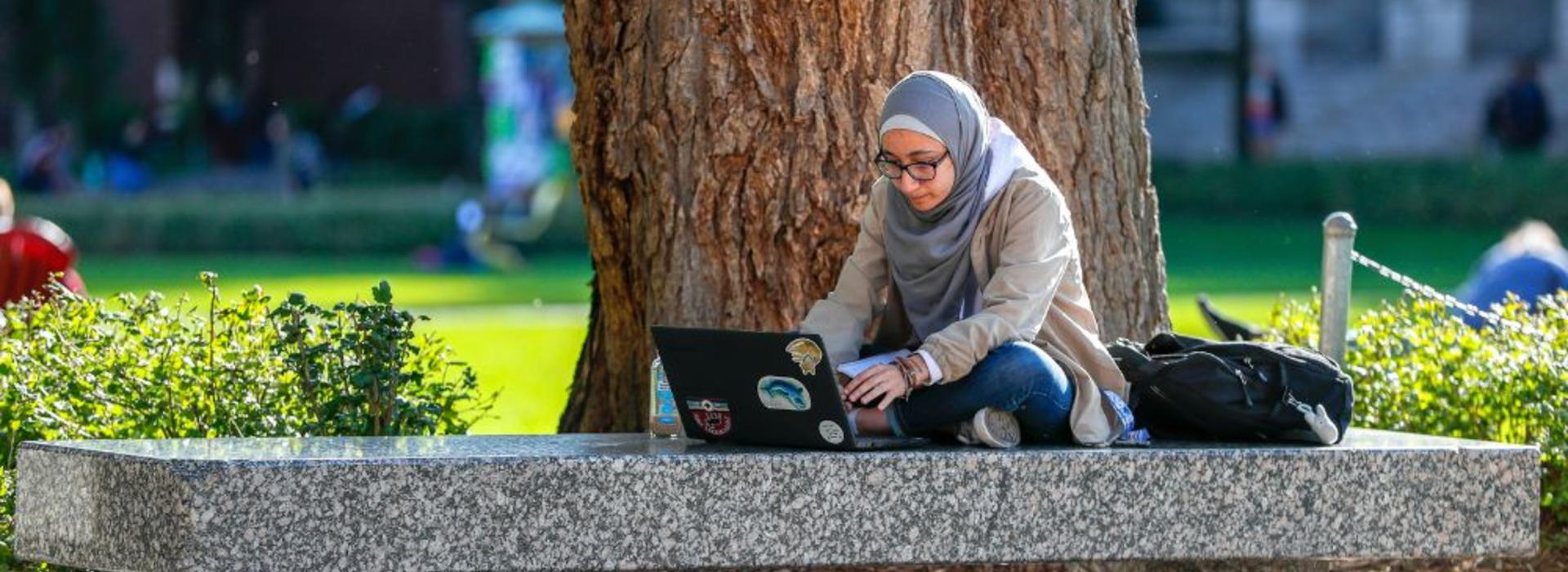
UMN Medical School Urban Community Ambulatory Medicine Students Call for Increased Support for Underrepresented Medical School Applicants
UMN Medical School Urban Community Ambulatory Medicine Students Call for Increased Support for Underrepresented Medical School Applicants
Third-year students Cassidy Berg and Susan Molina created a short video advocating for low-income medical school applicants.
Applying to medical school is expensive; MCAT fees, application fees and flights all over the country for medical school interviews can cost medical school applicants $10,000 or more per application cycle. Taking on this huge financial burden, which doesn’t even scratch the surface of paying for tuition once admitted to a medical school, can be the barrier that stops intelligent, talented, diverse students from pursuing their dreams of becoming a doctor. Third-year University of Minnesota Medical School students Cassidy Berg and Susan Molina are calling for more support for underrepresented applicants.
Berg and Molina created a video advocating for low-income applicants as the culmination of their Urban Community Ambulatory Medicine (UCAM) course. UCAM is a 12-week long elective that places students in family medicine clinics and urban settings. Students must apply to be part of the program, demonstrating an interest in learning about diverse, underserved populations, advocating for medical professionals and patients and working with preceptors to form genuine relationships with patients. In their time, Berg and Molina saw a need for more physicians with cultures and backgrounds similar to the patients they serve, but the cost of applying to medical school stops the careers of many of those potential physicians before it can even begin.
Watch the video below to hear from Berg and Molina about the need for support for low-income and underserved medical school applicants.